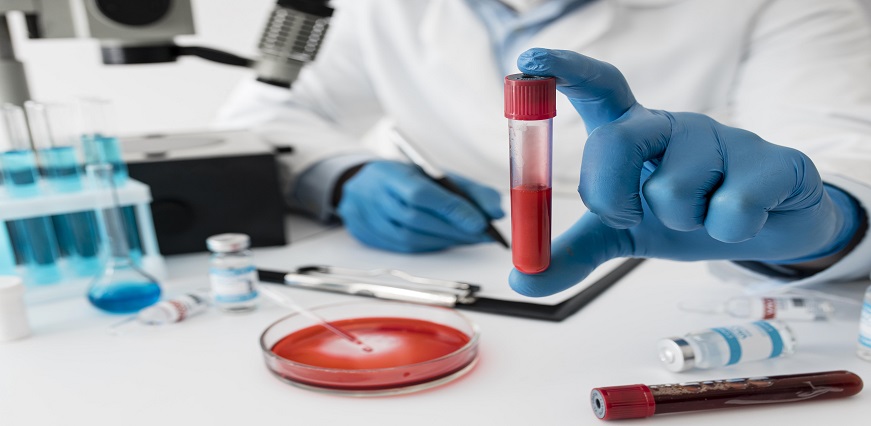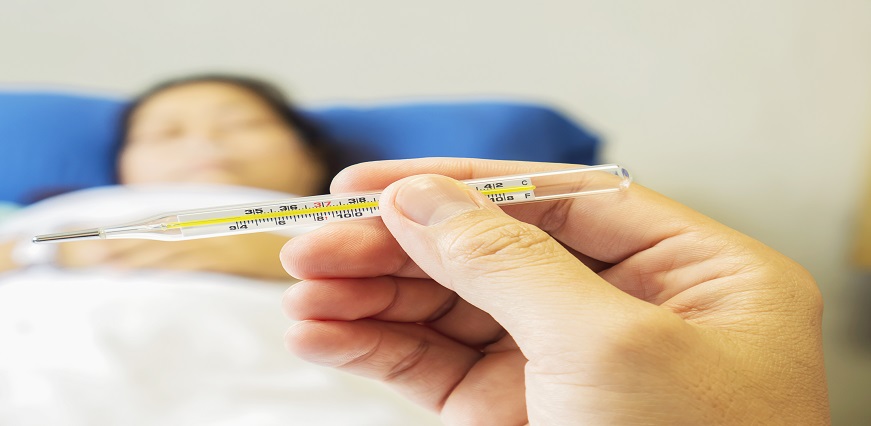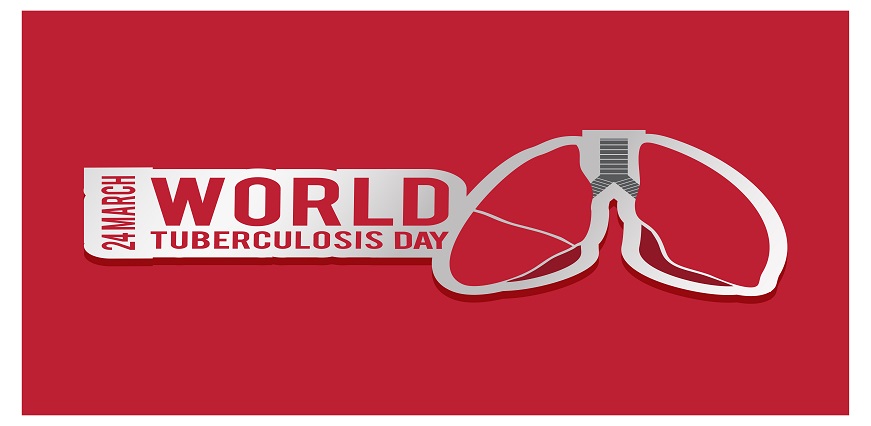





No lab centers are available in this city

Max Lab
Jun 06, 2023
Are you feeling unwell and not sure what's causing it? Have you ever heard of a CRP test? CRP or C-reactive protein is a substance produced by the liver in response to inflammation. It can be an indicator of infection, injury, or chronic disease in the body. Doctors use CRP tests as part of diagnostic procedures for various conditions. In this blog post, we'll explore what a CRP test is all about, its different types, how to prepare for one, and much more! So get ready to learn everything there is to know about the CRP test!
A CRP or C-reactive protein test is a blood test that measures the level of this protein in your blood. The liver produces CRP when there is inflammation present in the body, but it doesn't tell us what caused the inflammation.
One common symptom is persistent and unexplained fatigue. If you find yourself feeling tired even after getting enough rest, it could be a sign of increased inflammation indicated by high CRP levels.
Joint pain and stiffness may also be indicators of higher than normal CRP levels. This discomfort can affect various joints throughout the body and often worsens with movement or physical activity.
Additionally, high CRP levels have been associated with cardiovascular issues such as chest pain or shortness of breath. These symptoms should never be ignored and require immediate medical attention.
There are various situations where you may need to perform a CRP test on patients. The CRP test is primarily used to measure the level of inflammation in the body, and it helps us identify any underlying health conditions that could be causing this inflammation.
For instance, if a patient comes in with symptoms such as
You many need to order a CRP test to determine whether you have an infection or an autoimmune disorder.
There are two main types of CRP tests that are commonly used to measure inflammation in the body. The first type is a high-sensitivity CRP test (hs-CRP), which is used to detect low levels of inflammation and can be helpful in predicting the risk of developing heart disease.
The hs-CRP test is often recommended for people who have a moderate risk of heart disease, as it can provide early warning signs before more serious symptoms develop. This test involves taking a blood sample from the patient, which is then sent to a diagnostic lab for analysis.
The second type of CRP test measures overall levels of CRP in the body and may be ordered if there are concerns about other inflammatory conditions such as arthritis or lupus. This test also involves taking a blood sample but requires higher levels of CRP to be detected.
Both types of tests typically require little preparation on behalf of the patient aside from fasting for several hours prior to having their blood drawn. It's important for patients to discuss any potential risks associated with these tests with their healthcare provider before undergoing them.
Preparing for a CRP test is relatively easy and straightforward. The first thing to do is to inform the healthcare provider of any medications or supplements you are taking as some may affect the results.
It's also essential to fast for at least 12 hours before taking the test since eating can raise CRP levels in your blood, leading to inaccurate results. Drinking water is allowed during this period.
If you have an infection or inflammation, it's advisable to postpone the test until after recovery since these conditions increase CRP levels in your body, making it difficult to diagnose other conditions.
Additionally, avoid strenuous activities such as exercise and stressful situations that could spike your heart rate before taking a CRP test. These activities can cause temporary spikes in CRP levels leading to false positives.
The CRP test is generally considered safe and carries minimal risks. However, like any medical procedure or test, it does come with some potential risks that should not be ignored.
One of the main risks associated with a CRP test is bruising or bleeding at the site where the blood was drawn. This can happen if the needle used to draw blood damages a vein or an artery in your arm. If you are on blood-thinning medication, this risk can be higher.
Another possible risk associated with the CRP test is infection at the site where blood was drawn. Although this is rare, it's still important to keep an eye out for signs of infection such as redness, swelling and pain around the area.
In very rare cases, individuals may experience an allergic reaction to either the needle used during testing or chemicals used in processing samples. Symptoms of an allergic reaction include hives, wheezing, difficulty breathing and swelling in your face.
Understanding the CRP test result is crucial in determining whether or not there may be inflammation or infection present in the body. The results of a CRP test are presented as a number, typically measured in milligrams per liter (mg/L).
A normal range for CRP levels is less than 10 mg/L, with higher values indicating potential inflammation or infection. However, it's important to note that while elevated levels may indicate these conditions, they do not necessarily pinpoint the exact cause.
Interpreting CRP levels should always be done by a medical professional who can take into account other factors such as symptoms and medical history. A single high reading may not necessarily mean there is an ongoing issue and further testing may be required.
| CRP (C Reactive Protein) High Sensitive Test Normal Range | Sample | Male | Female |
| Plasma | < 0.10 mg/ dL | < 0.10 mg/ dL | |
| CRP Test Normal Range - Beckman | Sample | Male | Female |
| Serum | < 5.0 mg/l | < 5.0 mg/l | |
| CRP Test Normal Range - Medicon | Sample | Male | Female |
| Serum | 0-7.0 mg/l | 0-7.0 mg/l |
There are several factors that can affect CRP test levels. One of the most significant is inflammation, as CRP levels tend to increase in response to inflammation in the body. This can be due to a variety of conditions, including infections, injuries, and chronic diseases such as arthritis.
Your CRP level may elevate due to the following conditions or situations:
Other factors that may impact CRP test results include age and gender. Women have been shown to generally have higher CRP levels than men, while older individuals also tend to exhibit higher levels compared to younger people.
Lifestyle choices such as smoking and physical activity can also play a role in CRP test results. Smoking has been linked with increased inflammatory markers like CRP, while regular exercise has been associated with lower levels.
Certain medications may affect CRP test results as well. Some drugs used for managing inflammation or reducing cholesterol levels may cause fluctuations in CRP readings.
The CRP test is a valuable tool in diagnosing and monitoring various medical conditions. Understanding how to prepare for the test, what types of tests are available, and what factors can affect the results is important for patients and healthcare providers alike.

















Sign up takes less than 60 secs and gives you access to your offers, orders and lab tests.
Looks like you are not registered with us. Please Sign up to proceed
OTP will be sent to this number by SMS
We have successfully received your details. One of the agents will call you back soon.
 To reach our help desk call 9213188888
To reach our help desk call 9213188888
No Lab Centers are available in this city
Looks like you are not registered with us. Please Sign up to proceed
OTP will be sent to this number by SMS
Not Registered Yet? Signup now.Looks like you are not registered with us. Please Sign up to proceed





 7982100200
7982100200.png)
Comments